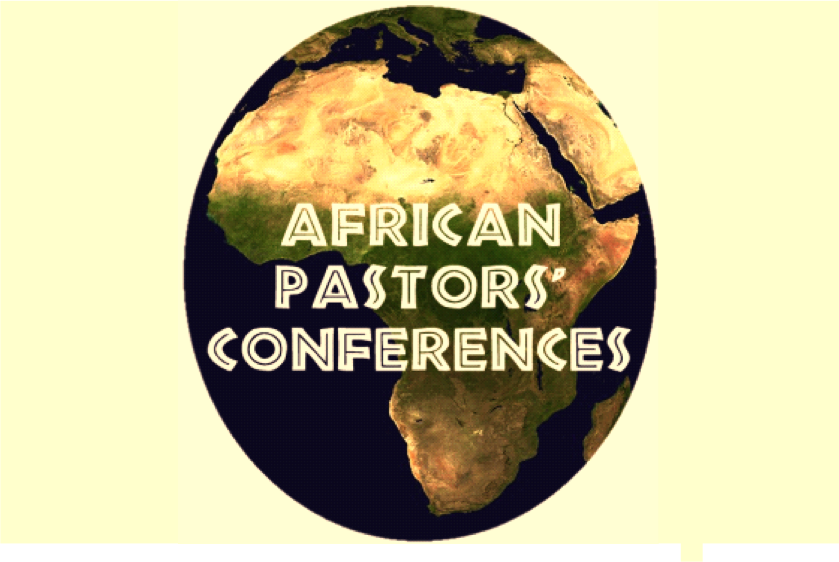Share this
African Pastors Saying ‘No’ to Prosperity Theology, Embracing Biblical Truth
There is no shortage of churches in Kenya, nor of preachers, prophets, or evangelists. Large churches offer multiple services that attract thousands who flock to hear flamboyant preaching. A typical sermon might include divine revelations and promises of wealth and healing. Notably lacking is scriptural integrity.
Dan Huffstutler is the director of East Africa Baptist School of Theology (EABST) in the capital city of Nairobi. He says Bible-based churches led by doctrinally sound pastors are not common: “They are like diamonds scattered around Kenya.”
A 2006 Pew report found that 70 percent of Kenyans who identify as Christian follow extreme charismatic or Pentecostal teachings. Over the last decade, Huffstutler has observed an increase in adherents with “very little understanding of Christian doctrine or the church’s gospel mission.” He attributes this to wide access to prosperity preachers.
“Church planting is a business here,” he said, “and men with zero training and biblical knowledge enter the field in the hope of acquiring income from unfortunately gullible people looking for a blessing or to have their problems fixed.”
Reshaping the Ministry

To combat such false teaching, EABST focuses on equipping pastors for ministry. Many students come with little more preparation than the ability to mimic the methods of preachers they’ve seen on TV or the internet. “TBN [Trinity Broadcasting Network] massively impacted East Africa by modeling word of faith, prosperity, and extreme Pentecostal beliefs and practices as ‘the way to do church,’” he said.
EABST partners with Ken Mbugua, pastor of Emmanuel Baptist Church of Nairobi, to host the annual Proclaim Conference for church leaders from Kenya and surrounding countries. The conference, which offers preaching workshops and networking opportunities, benefits from Packing Hope resources courtesy of TGC International Outreach (TGC IO).
Books distributed at the conference include the ESV Global Study Bible, Mark Dever’s (ed.) Proclaiming a Cross-Centered Theology, David Helm’s Expositional Preaching, Richard Ramesh’s Preparing Expository Sermons, and John Piper’s Supremacy of God in Preaching. Though written in English, these books work well in much of Africa, particularly in countries like Kenya where English is a primary language.
A more recent TGC IO-supplied resource for the conference, Prosperity? Seeking the True Gospel, is authored by Mbugua and two fellow African pastors, Michael Otieno Maura and Conrad Mbewe, along with Wayne Grudem and John Piper. This book was created as a tool to help church leaders combat prosperity theology.
“TGC IO materials give missionaries and church leaders a platform for creating teaching opportunities,” Huffstutler said. Pastors and church planters learn to prepare biblically sound sermons and to apply scriptural standards to corporate worship and church government.
Embracing Biblical Truth
Ronald Kogo is a church planter in the slums of Kabiria, in western Nairobi. He once followed the teachings of a Pentecostal church though he knew nothing about the Bible—until a friend showed him how to study Scripture. Kogo embraced biblical doctrine and became an advocate for solid theological resources. He continues his studies at EABST.

Kogo later began translating into Swahili classics by J. C. Ryle, Martyn Lloyd-Jones, and John Piper. Today, equipped with Packing Hope materials, he teaches weekly Bible studies for pastors from several different churches in Nairobi. He begins with the ESV’s introduction to each book, then moves to cross-checking of references. “Now they know what [themes] to look for, instead of finding things that will simply affirm their own ideas,” he said.
While the Proclaim conferences provide Kogo’s group with training, he mentors pastors one on one with the TGC IO books. Some of them have restructured their worship services according to the Scriptures, and others take greater care with the Lord’s Supper and baptism. All are now more diligent in sermon preparation, he said. Those who serve on staff of prosperity-teaching churches are planning to break away and plant Bible-based churches throughout Nairobi’s slums.
One man in Kogo’s study group had been a leader in the cult-like African Divinity Church, where his high position granted him god-like status. “He became a member of a Reformed Baptist church, with no desire to become a pastor again,” Kogo said. “He is reading and studying the Word—humble and willing to learn.”
Gospel Transmitters
Although many educated Kenyans know English, not all read it well enough to grasp the complexities of biblical syntax. And while there are translations of Western theologians in Swahili, Kogo envisions a publishing ministry that reaches more Kenyan pastors with good books in their native language.
“We are very thankful [TGC IO] provides sound theological materials,” Kogo says, “and we pray the Lord will raise up more writers like Ken Mbugua—Africans who understand both their culture and also the context of false teaching in the churches.”
In Kenya, especially around Nairobi’s slums, equipped church leaders are transmitting the gospel with clarity. And they’re shining like diamonds.
Editors’ note: In recent months, we have had an outpouring of interest in English Theological Famine Relief resources, which has drained our current supply of books. Between now and December 31, we are asking God to provide funds to replenish our global English stock—especially for church leaders in Africa. Our goal is to provide $50,000 by December 31, through your giving. Generous partners will match each gift, dollar for dollar, to provide a total of $100,000. This will enable us to obtain more than 40,000 copies of 10 strategic books. Please consider a gift of any amount to partner with us in this mission.





















